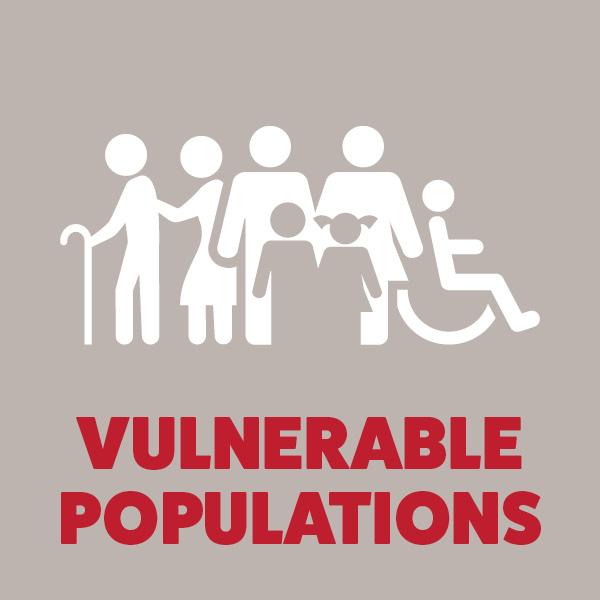Introduction: Advocating for Vulnerable Communities
In a world where vulnerable populations often struggle for recognition, compassionate advocacy becomes essential for change. Recently, Food for the Hungry (FH) took a significant step by testifying before the U.S. Congress to shed light on the challenges faced by these communities.
The Role of Food for the Hungry
As a humanitarian organization, Food for the Hungry plays a crucial role in addressing poverty and injustice worldwide. Their testimony aimed to underscore the urgency of support for vulnerable populations affected by crises and systemic inequalities, as emphasized in this article here.
Highlighting Key Issues
During the testimony, key issues such as food insecurity, access to health care, and educational opportunities were brought to the forefront. These issues disproportionately affect marginalized communities and require immediate legislative attention. By framing these challenges within a human context, FH aims to foster empathy and prompt action.
Encouraging Legislative Support
FH’s appeal to Congress was not just a call for awareness but also for tangible support. Legislative action is critical for creating sustainable programs that benefit the most vulnerable. Their testimony served as a vital reminder that Congress has the power to effect meaningful change in the lives of many.
The Impact of Advocacy
Testifying in front of Congress is a daunting task, yet it is essential for bringing attention to global challenges. Advocacy can inspire policy shifts that lead to significant improvements in the lives of vulnerable populations. FH’s efforts exemplify the importance of speaking up for those who are often unheard.
Conclusion: The Path Forward
As the world continues to navigate complex issues that affect vulnerable communities, the need for advocacy remains paramount. Food for the Hungry’s appearance before Congress marks a proactive step towards making a difference and calls for ongoing support from policymakers and citizens alike.

